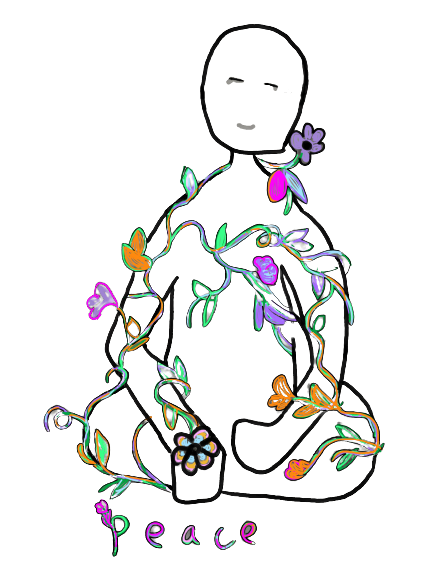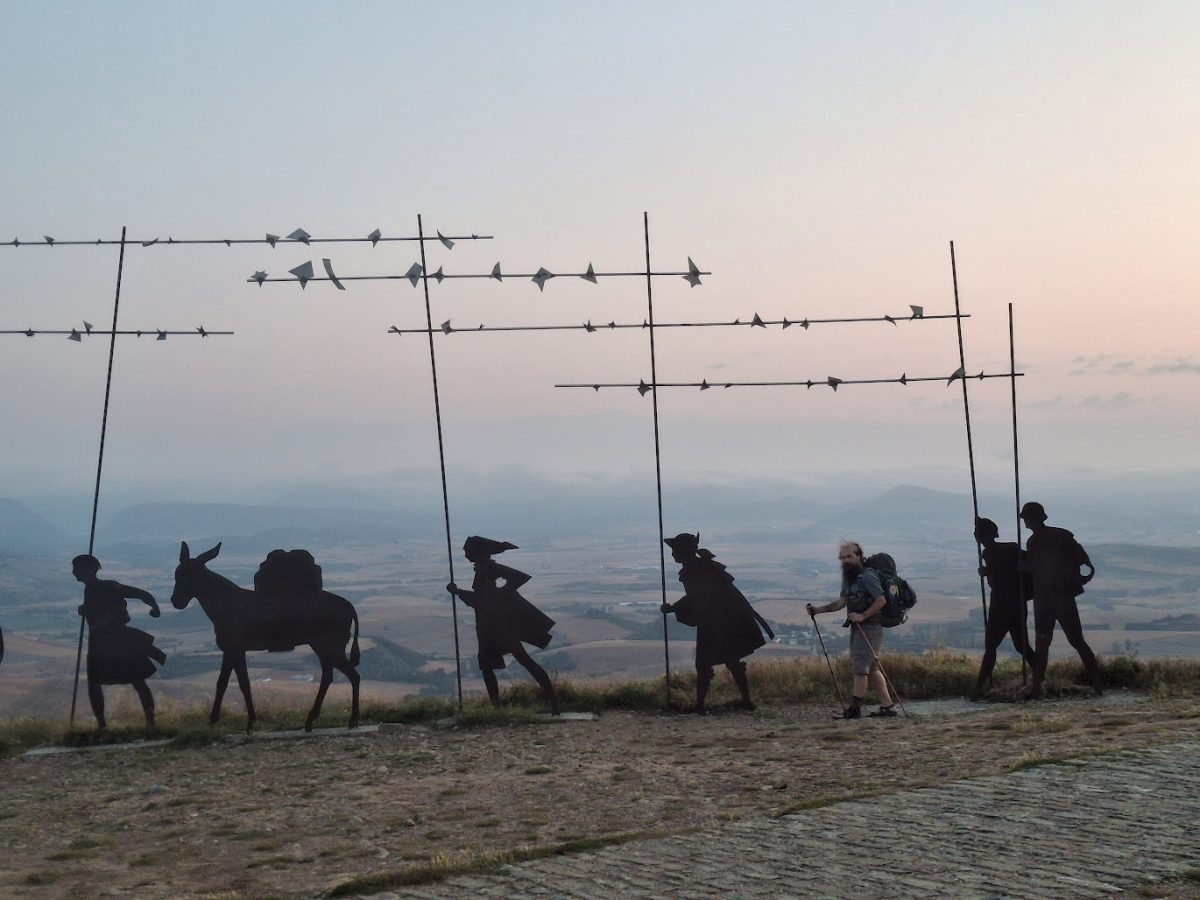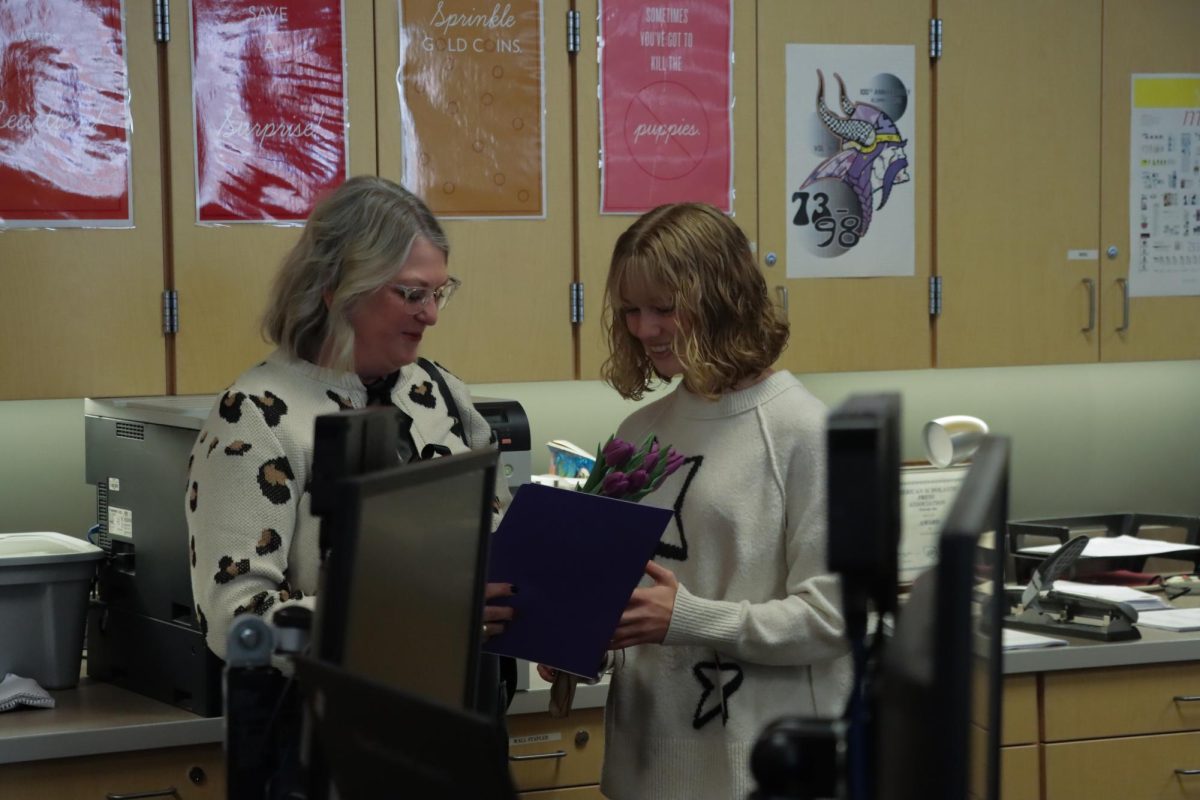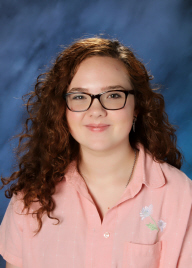
When you glance around your classroom, you may see your classmates scrolling on their phones.
Sitting around at lunch, at the next table or down the hallway, you may see several peers looking and talking about what they have recently seen on social media.
You, yourself, may feel compelled to pick up your phone and see what is currently trending online.
Within the past two months, the company formally known as Facebook (now Meta) has come under scrutiny for the role it allegedly has played in the mental and emotional effects of teenagers around the United States through the Instagram app.
While the idea of being influenced by modern culture is not one reserved for this generation, the impact of it on the emotional and physical health of teenagers cannot be ignored.
Black Student Union adviser and AP Social Studies teacher, Willie M. Walker, had some insight on why younger generations are so involved with inclusivity and getting involved with politics.
“I would say social media is number one, television and how Hollywood is starting to show all this inclusiveness. I think that’s pretty much the base of it,” said Walker.
According to Walker, with a lack of research or access to knowledge it is easy to become ignorant. If a person gets information with one message all their life, they are going to believe it, which is why media inclusivity is important.
“You should always be open to other ideas and other thoughts and other societies and cultures,” said Walker.
Walker suggests that individuals be open and honest, to do their own studying and research.
“People don’t want to learn [the traditional way] but go out there and get to know things [through experiencing them],” Walker said.
Social media is the leading way to connect with others currently, which is leading an era of people sharing their cultural backgrounds online for all to see.
The easy communication is making people in the current generation more involved than ever, as seen through the statistics of usage of said social media sites. The ability to see current events all around the world in a timely manner was unheard of in earlier generations, adviser of the Intercultural Council and Spanish teacher, Marla Boyd, explains.
“I think it is important to listen and understand where someone else is coming from, while realizing that listening and trying to understand that does not mean that you have to necessarily agree with them,” said Boyd.
Boyd says that as a society, when individuals are excluded from opportunities society is missing out on the potential for innovation, problem solving, the arts, etc.
“So, being inclusive helps us all to live in a better and more beautiful world. And personally, I just believe that everyone deserves to be treated with kindness and dignity. Everyone deserves to live their truth, to live as the full expression of themselves with the only caveat being that you are not harming someone else,” Boyd said. “I think the more we learn in general, the better we collectively become.”
Boyd says that just having an open mind can be the difference between making a change in the world, it may seem small but just decades ago the world was vastly different.
“When I was a high school student, the movement was to be ‘tolerant’ of others. Being tolerant is a lot different than understanding, respecting or including someone who may have a separate set of beliefs, values, abilities or traditions than I do,” Boyd said.
Boyd says it reminds her of a quote often attributed to Martin Luther King, Jr.
“’The arc of the moral universe is long, but it bends toward justice,’ in other words, change happens slowly. But it does happen,” Boyd said.
Boyd suggests that consulting multiple sources online is essential.
“Getting information outside of one’s social media bubble is so important. We also have to do a better job of thinking critically about issues,” Boyd said. “When it comes to making people feel accepted, I think it is really about being open to accept others. It’s not that I want someone to feel [just] accepted; it’s that I want people to be truly accepted.”




